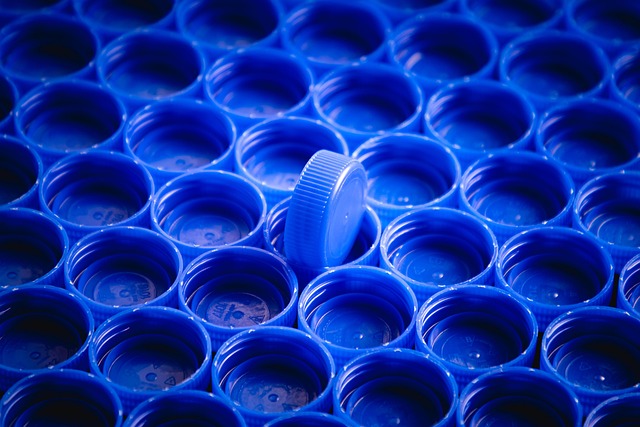In an era where climate change looms large, the concept of recycling is taking on a whole new dimension that goes beyond mere waste management; it’s about embracing innovative approaches to create sustainable development. As we stand at the crossroads of reducing our ecological footprint, understanding the transformative power of recycling products has never been more crucial.
Recycling is often seen as a humble act—putting waste into the right bin. However, its true potential lies in its ability to support green technologies that pave the way for a carbon-neutral future. With advancements in recycling processes and materials, we are beginning to see products made from recycled materials that can compete in durability and quality with their traditional counterparts. Imagine a world where everything from your smartphone to your furniture is made from recycled components, significantly reducing the need for new raw materials and minimizing environmental destruction.
One of the most exciting areas of development is in the use of biodegradable materials and innovative recycling techniques that allow us to turn waste into valuable resources. Technologies like chemical recycling can break down plastics into their original monomers, enabling the production of new plastics without the need for fossil fuels. Moreover, the growth of upcycling as a movement highlights an artistic and consumer-friendly approach to recycling products—turning what would have been discarded into beautiful and functional items that are both eco-conscious and stylish.
As consumers, we play an essential role in this revolution. By prioritizing products that embrace the recycling ethos, we are not only reducing our ecological footprint but also sending a powerful message to manufacturers. Brands are beginning to recognize that there is a market for sustainable products and that consumers are willing to choose options that contribute to their values. As a result, we’re witnessing an increase in innovations dedicated to sustainable development.
Moreover, education and awareness surrounding recycling practices can further amplify the impact of our efforts. Understanding how to properly recycle products, the importance of sorting waste correctly, and the lifecycle of a product encourages responsible consumer behavior. Schools, businesses, and communities can implement programs that teach the younger generation about the significance of recycling and its integration into our daily lives. This not only fosters a culture of sustainability but also inspires new innovations that align with the goals of a carbon-neutral future.
As we accelerate towards that objective, it’s imperative that recycling is woven into the fabric of our economic systems and business models. Governments and organizations globally are now recognizing the critical importance of developing policies that support sustainable practices, investing in green technologies that facilitate better recycling processes, and creating incentives for businesses that adopt circular economy principles. This means transitioning from a linear ‘take-make-dispose’ model to one that rejuvenates materials continuously, ensuring minimal waste and maximum efficiency.
In this dynamic landscape, the shift towards a sustainable future is not just the responsibility of policymakers or corporations alone. Each of us has a stake in this journey. By choosing to support recycling product initiatives and embracing technologies that prioritize environmental stewardship, we set the foundation for a healthier planet. Together, we can turn the tide against waste, transforming our current challenges into opportunities for innovation, growth, and a lasting impact on our planet’s well-being.




